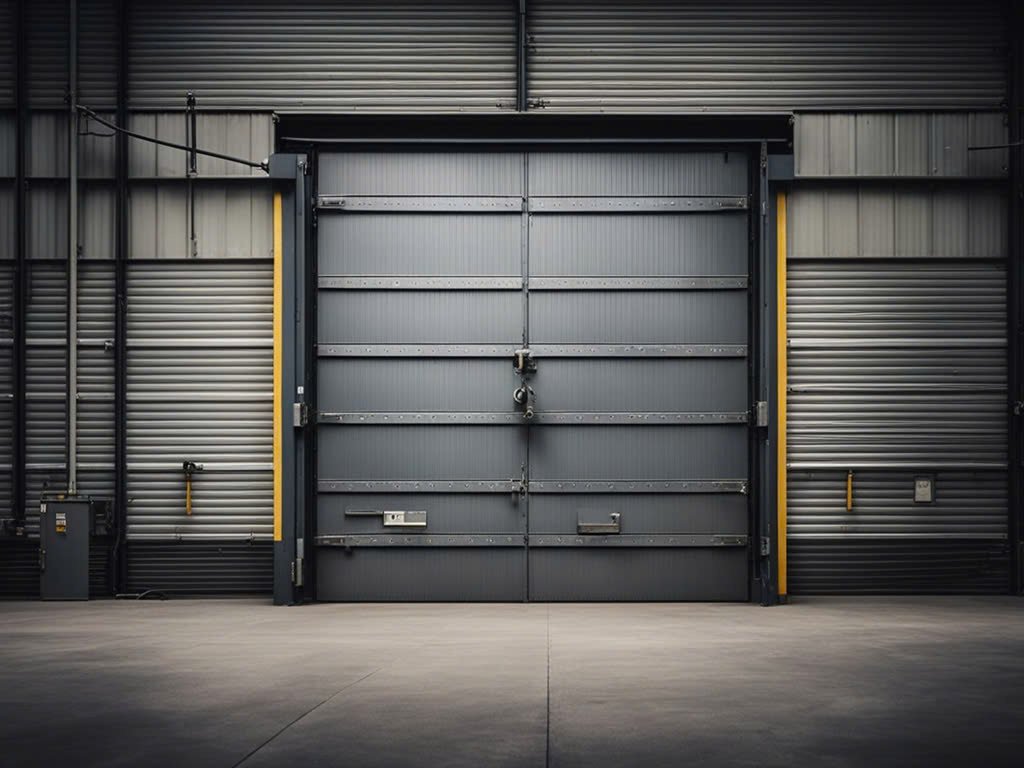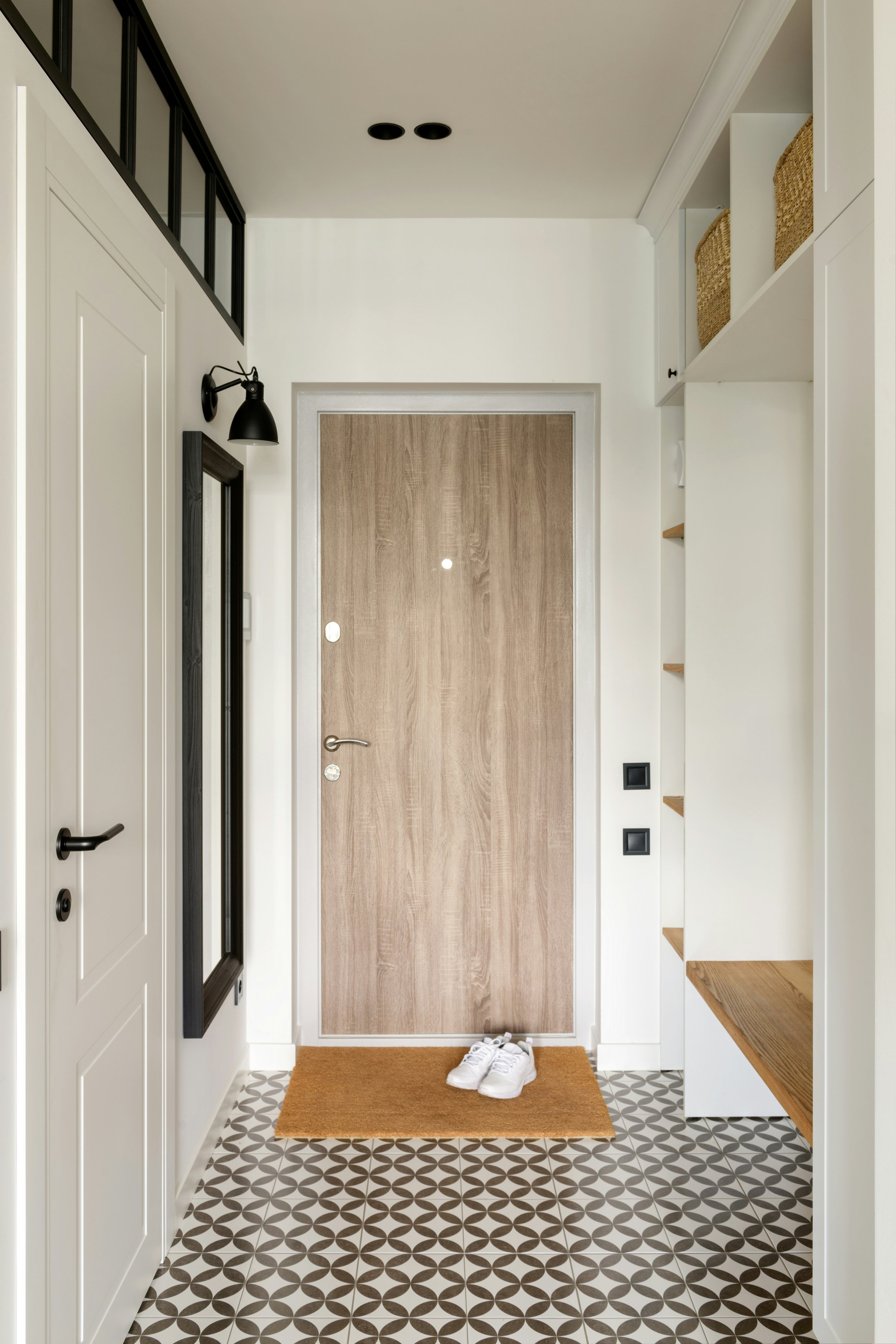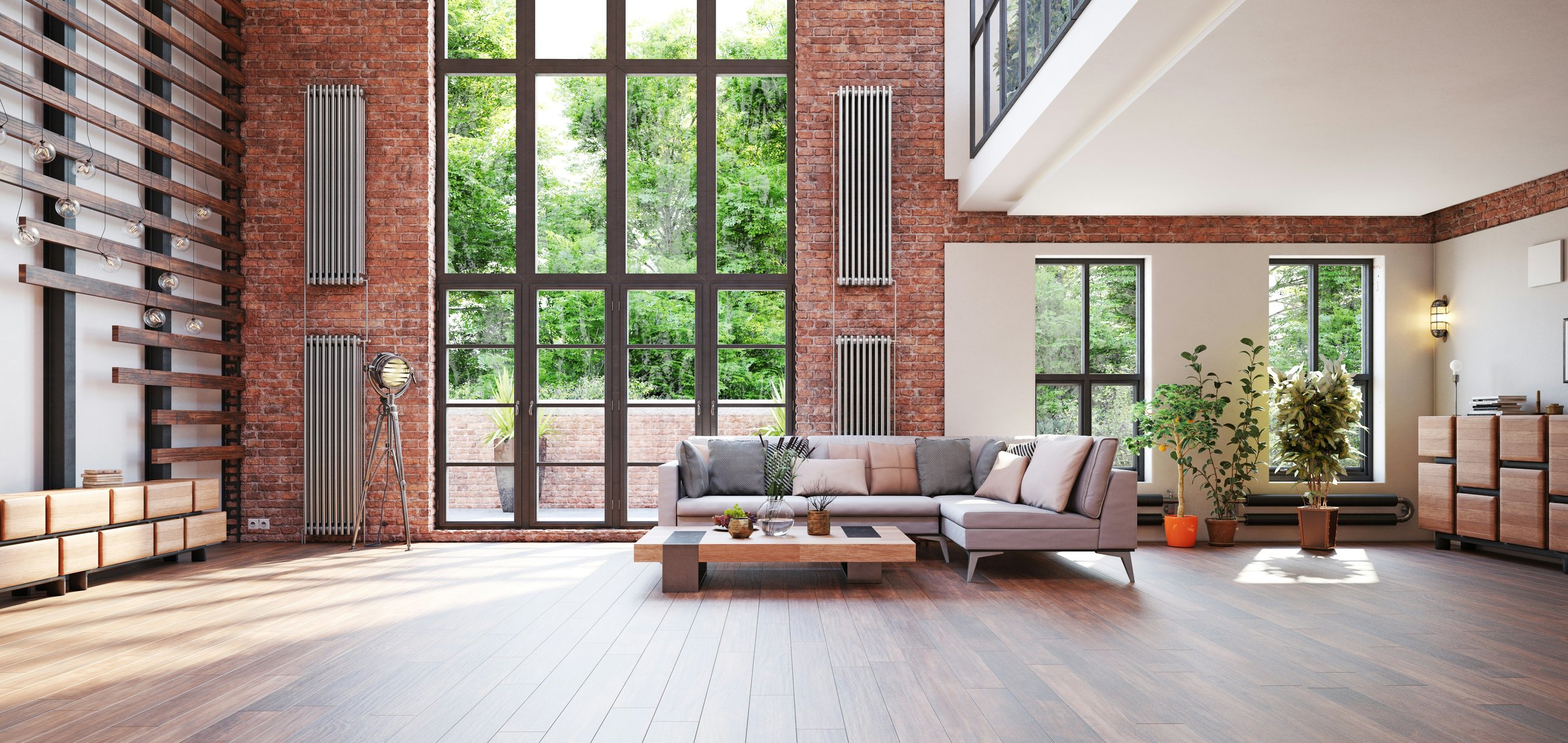What Are the Best Materials for Industrial Doors?
Discover the best materials for industrial doors, from steel to aluminum, and find the right option for durability, security, and efficiency.
When choosing the best materials for industrial doors, several factors come into play, including durability, insulation, and security. Steel, fiberglass, and aluminum stand out as top contenders due to their specific advantages. Each material offers unique benefits suited for various industrial applications, making informed choices crucial for operational efficiency.
Steel doors provide exceptional strength and resistance to impact, making them ideal for environments with heavy machinery or potential hazards. On the other hand, fiberglass doors are known for their corrosion resistance and lighter weight, making them suitable for facilities located in harsh climates.
Types of Industrial Doors
Industrial doors come in various styles, each designed for specific applications and environments.
Rolling Doors
Rolling doors are commonly used in warehouses and loading docks. They consist of horizontal slats or panels that roll up and down along a track. These doors provide excellent access and can be made from materials such as steel, aluminum, or fiberglass.
The design allows for a compact storage area when opened. Rolling doors are often insulated to enhance energy efficiency, especially in temperature-controlled environments.
Sectional Doors
Sectional doors are another popular choice in industrial settings. They comprise multiple panels that articulate as they open, moving vertically along tracks. This design allows them to seal tightly against the frame, minimizing air and dust infiltration.
These doors are typically constructed from steel or fiberglass, offering durability and resistance to impact. They can be customized with various insulation options, which are vital for climate-sensitive operations. Sectional doors also support high-frequency use, making them suitable for busy facilities.
Fire-Rated Doors
Fire-rated doors play a crucial role in safety within industrial environments. They are specially designed to withstand high temperatures for a specified period, preventing the spread of fire. Materials such as steel and gypsum are commonly used to manufacture these doors.
Compliance with local fire codes is essential when selecting fire-rated doors. They must be installed properly to be effective, often featuring self-closing mechanisms. Regular maintenance is also necessary to ensure the doors remain functional and enhance overall safety.
High-Speed Doors
High-speed doors are designed for rapid opening and closing, which increases operational efficiency in busy environments. These doors are often found in logistics, manufacturing, and food processing venues. Made from flexible materials like vinyl, they facilitate quick access while maintaining temperature control.
The fast operation reduces air exchange and minimizes the risk of accidents. High-speed doors often come with safety features such as motion sensors and automatic reversing mechanisms. Their durability and ease of use make them suitable for high-traffic areas where speed is critical.
Material Considerations for Durability and Security
Industrial door solution is essential for ensuring long-term durability and security. Different materials provide distinct benefits and limitations, making it crucial to assess options specific to the needs of the facility.
Steel
Steel doors are renowned for their strength and durability. They can withstand significant impact and resist wear over time, making them ideal for high-traffic environments.
Benefits:
High resistance to forced entry.
Fire-resistant options available.
Often requires minimal maintenance.
Steel industrial doors vary in thickness and finish, with galvanized options providing extra corrosion resistance. They are suitable for applications where security is paramount.
Aluminum
Aluminum doors offer a lightweight yet durable solution. They are less prone to rust, making them suitable for environments with high humidity or exposure to chemicals.
Benefits:
Corrosion-resistant.
Lightweight, facilitating easy operation.
Can include thermal breaks for energy efficiency.
Aluminum doors may not provide the same level of security as steel but can be enhanced with additional locking mechanisms.
PVC
PVC doors are versatile and resistant to impact and environmental factors. They provide good insulation and are lightweight, making them easier to handle.
Benefits:
Resistant to moisture and chemicals.
Cost-effective choice for facilities.
Low maintenance requirements.
While PVC does not offer the same security as metal doors, their insulation properties and resistance to various elements make them a viable option for specific applications, particularly in controlled environments.
Composite Materials
Composite doors combine materials to leverage the strengths of each, balancing durability and weight. These doors can offer excellent thermal insulation and security features.
Benefits:
High strength-to-weight ratio.
Customizable designs for various applications.
Resistant to warping and weather damage.
Composite materials often include a core of steel or other hardened materials, enhancing security while maintaining a lighter frame. They are suitable for a range of industrial settings, combining functionality with aesthetic appeal.
Investing in quality industrial doors with planned maintenance can deliver significant returns throughout their operational life. This strategic approach can minimize unexpected financial burdens and ensure smoother operations.













